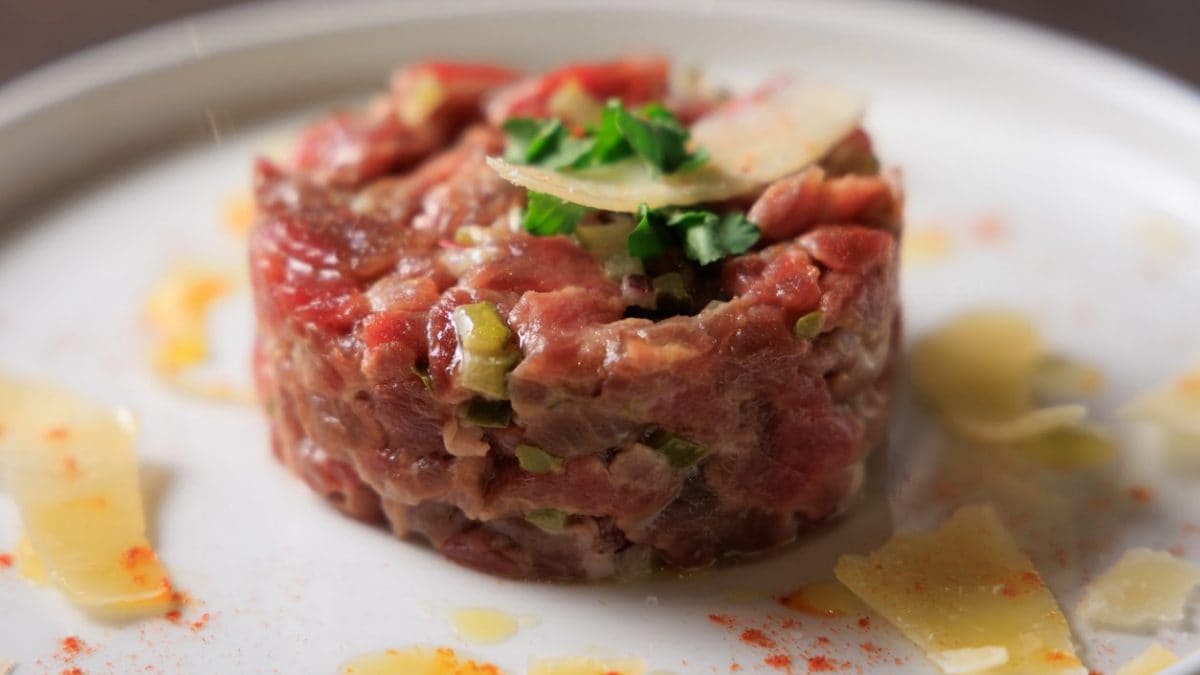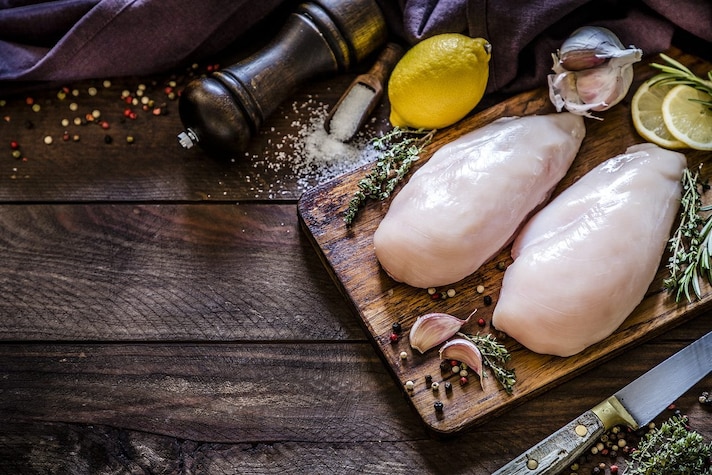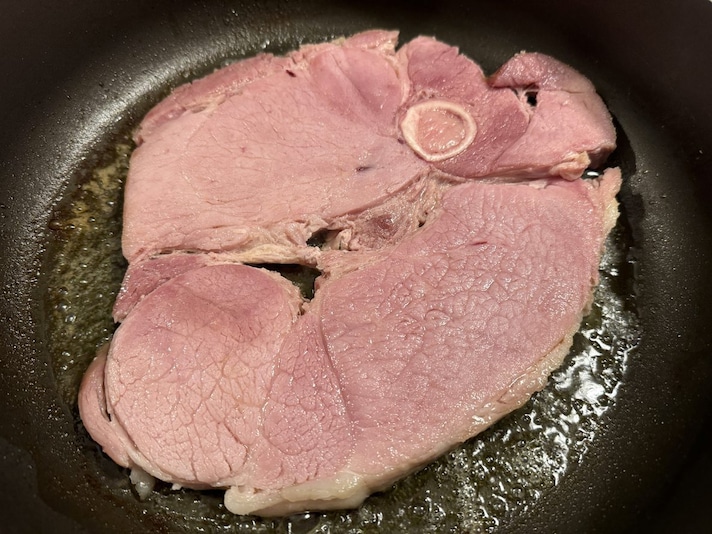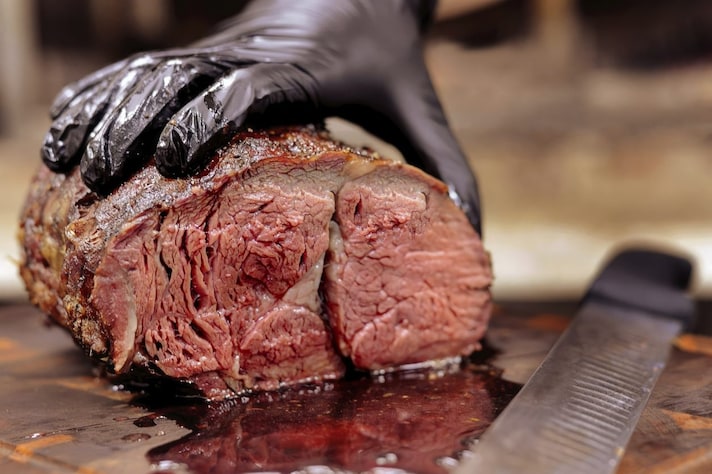
We often see influencers, especially foreigners, making videos eating raw meat. Chickens, beef, pigs, fish of various kinds and so on. But what risks do these people run by eating raw meat? How dangerous is this way of "communicating" in exchange for a few likes for them? It is very dangerous. Due to proteins, sugars and fats, raw meat of any living being is an ideal breeding ground for the growth of bacteria and parasites. There are meats that spoil more quickly than others and are therefore more dangerous, such as chicken and pork, but in general it is always dangerous if you are not careful.
The Dangers of Raw Meat
Eating raw meat always involves a risk, even when the product is of quality and served properly. Let's think about the most famous raw dishes in the world: sushi and tartare. Even in the best restaurants there is some risk (albeit minimal and negligible). If, however, you bite into a real piece of raw meat, as for example the Raw Meat Experiment profile does, the risks are really high: it is very dangerous and should not be done. The most common diseases are toxoplasmosis, trichinellosis and infections from salmonella, listeria and Escherichia coli.
The meat we eat is subjected to many controls but the moment the animal is killed it is still subject to decay, which leads to the growth of bacteria and parasites that can put our health at risk. Let's say however that the risk is not the same for all types of animals. Beef is safer than chicken or pork but let's see in detail what we face if we do something as stupid as influencers do or if we carelessly cook the food badly.
1. How Dangerous is It To Eat Raw Chicken Meat?

Chicken is one of the most dangerous meats there is. Chicken should always be eaten well cooked because even over-cooking can lead to unpleasant events due to some bacteria that are killed only after cooking. Chicken juices and meat are often contaminated by bacteria that cause food poisoning, fever or abdominal cramps. Just a few pieces of raw chicken are enough to make you feel sick: symptoms appear after 6 hours in the case of salmonella, a few days later in the case of other diseases. Handling raw chicken properly is important because hygiene also affects the danger of this meat. Unfortunately, once you eat raw chicken, there is not much you can do to limit the symptomatic damage, also because in most cases there are no specific solutions or drugs. Call your doctor, wait for the bad period to pass and never eat raw chicken again.
2. How Dangerous is It To Eat Raw Pork?

Pork is less dangerous than raw chicken, but it is still very treacherous. We say "less dangerous" because the symptoms are rarer, but we add treacherous because, in some cases, they are even more extreme: pork can even lead to death. Pork must be cooked well: according to a report by the European Food Safety Authority (EFSA), the consumption of raw or undercooked pork is the most common cause of hepatitis E infection on the continent. The virus uses the animal as a reservoir and develops particularly well in pigs, chickens, rabbits and wild boars. These are all meats that must be eaten cooked. To avoid contracting hepatitis E or other types of annoying diseases, it is necessary to cook the meat well and adopt good hygiene practices when handling it. The disease is very dangerous because it has an incubation period that ranges from 2 weeks to 2 months and, depending on the unfortunate person, the symptoms are very different: in some cases it can even be fatal and sudden.
3. How Dangerous is It To Eat Raw Beef?

Let's get to the safest meat: beef. Sometimes it's impossible to say no to a rare steak, a carpaccio or a gourmet tartare. If these meats have been well treated in the supply chain and at the restaurant, the dangers are truly minimal and rare. Obviously they increase for those who often eat raw or undercooked meat: it's a simple question of mathematics and probability calculations. We must be careful about how it is handled and the "serving" temperature: in summer the heat leads to a more rapid decay so the advice is to eat the tartare they bring to the table more quickly. There are no real specific prescriptions for the consumption of raw beef: it's all in the way it is handled. The hygiene of the food is fundamental, unlike the meats listed above: in the case of pork and chicken, even the healthiest and most pampered animal in the world can present risks.
;Resize,width=767;)
